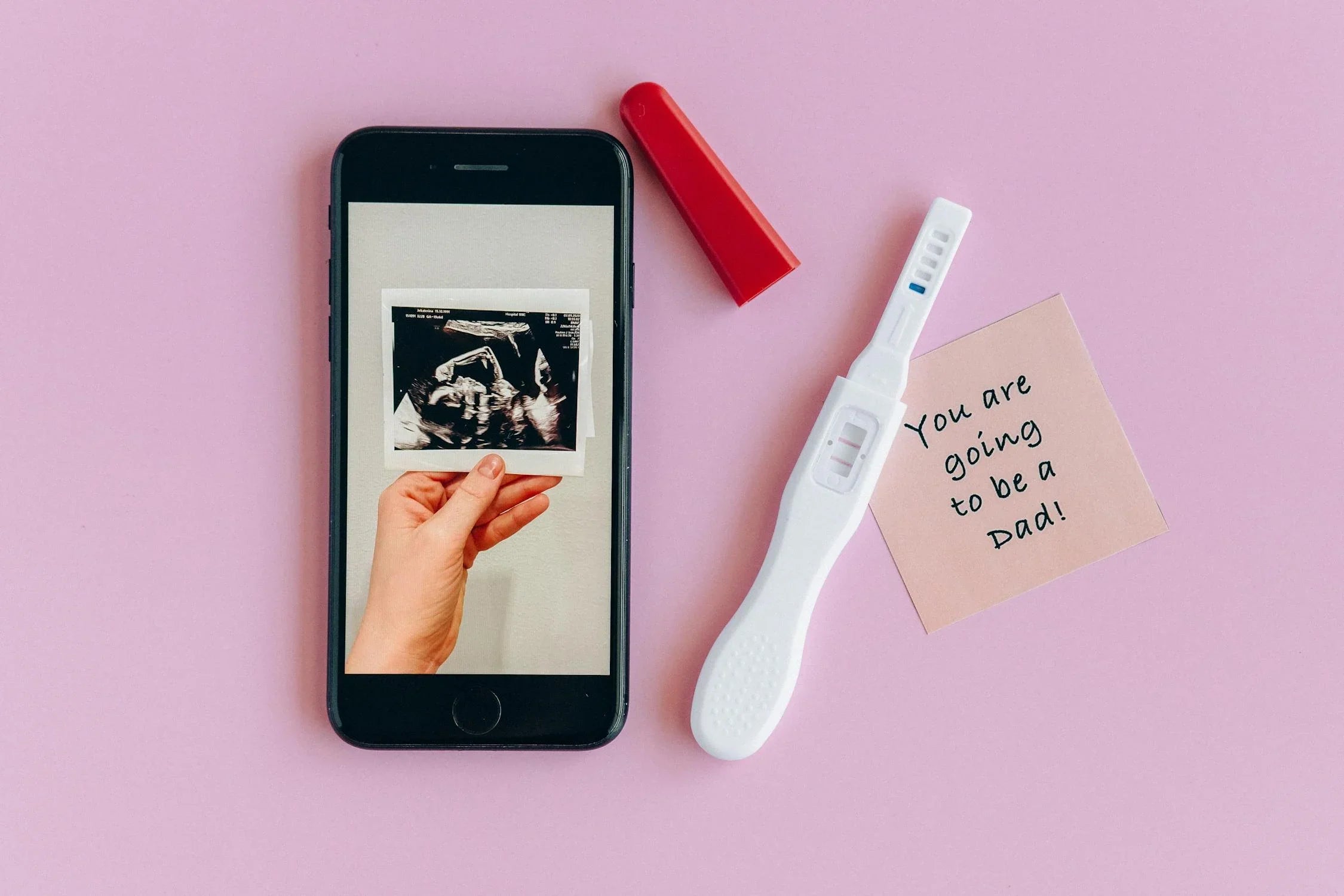Home
Pregnancy, Breastfeeding, and Pumping: The Ultimate Guide for Moms
What Happens If You Take a Pregnancy Test Too Soon

What Happens If You Take a Pregnancy Test Too Soon
When you're eagerly waiting to find out if you're pregnant, the temptation to take a test as soon as possible can be overwhelming. However, taking a pregnancy test too soon can lead to misleading results, leaving you confused and frustrated. Understanding how pregnancy tests work and the best time to take them can save you from unnecessary stress and disappointment.
How Pregnancy Tests Work
Pregnancy tests detect the presence of human chorionic gonadotropin (hCG), a hormone produced by the placenta after a fertilized egg attaches to the uterine lining. Most home pregnancy tests are designed to detect hCG in urine. The hormone levels rise rapidly in early pregnancy, doubling approximately every 48 to 72 hours. However, it takes time for hCG to reach detectable levels, which is why timing is crucial when taking a pregnancy test.
The Importance of Timing
Taking a pregnancy test too soon, especially before your missed period, increases the likelihood of a false negative. This happens because hCG levels may not yet be high enough to be detected by the test. Even if conception has occurred, the embryo may not have implanted yet, or hCG levels may still be too low. Most experts recommend waiting until at least the first day of your missed period to take a pregnancy test for the most accurate results.
Factors That Affect Test Accuracy
Several factors can influence the accuracy of a pregnancy test, including the sensitivity of the test, the time of day you take it, and how well you follow the instructions. Some tests are more sensitive than others and can detect lower levels of hCG. Testing first thing in the morning, when urine is most concentrated, can also improve accuracy. Additionally, improper use of the test, such as not waiting long enough for the results or misreading the instructions, can lead to incorrect outcomes.
What Happens If You Test Too Soon?
If you take a pregnancy test too soon, you may receive a false negative result. This can be disheartening, especially if you're hoping for a positive outcome. A false negative doesn't necessarily mean you're not pregnant; it could simply mean that hCG levels are not yet detectable. In some cases, testing too early can also lead to a false positive, although this is less common. False positives can occur due to certain medications, medical conditions, or even an evaporation line that is mistaken for a positive result.
What to Do If You Get a Negative Result
If you receive a negative result but still suspect you might be pregnant, wait a few days and test again. hCG levels rise quickly in early pregnancy, so waiting just a couple of days can make a significant difference. If you continue to receive negative results but experience pregnancy symptoms, such as a missed period, nausea, or fatigue, consider consulting a healthcare professional for further evaluation.
When to See a Doctor
If you've taken multiple pregnancy tests with conflicting results or if you're experiencing unusual symptoms, it's a good idea to see a doctor. A healthcare provider can perform a blood test, which is more sensitive than a urine test and can detect lower levels of hCG. They can also help rule out other potential causes of your symptoms and provide guidance on next steps.
Taking a pregnancy test too soon can be a rollercoaster of emotions, but understanding the science behind it can help you make informed decisions. By waiting for the right time and following the instructions carefully, you can increase the accuracy of your results and reduce unnecessary stress. Remember, if you're ever in doubt, a healthcare professional is your best resource for reliable information and support.
Share

